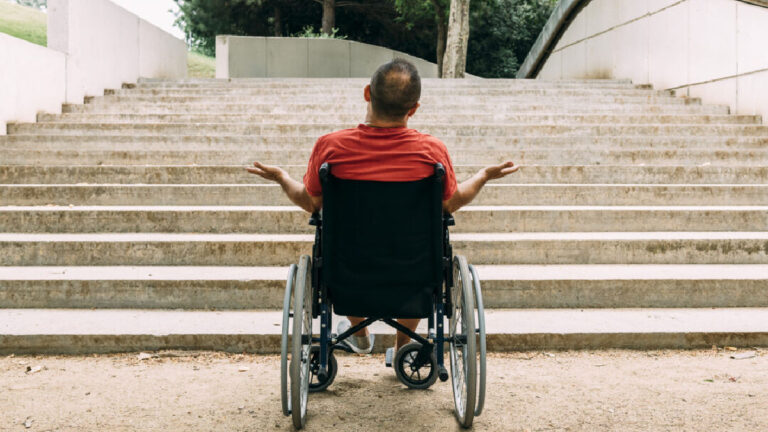disability etiquette
One of the primary obstacles hindering individuals and businesses from interacting with people with disabilities is the uncertainty surrounding appropriate language and social norms. This apprehension stems from the risk of inadvertently offending someone with a disability, causing many to avoid engaging in conversations altogether.
dont be afraid
Engaging with a disabled person shouldn’t mean altering your natural behaviour or tone of conversation. In fact, authenticity is key. Fearlessness in initiating a conversation is crucial, as avoiding interaction altogether can be more offensive than making a minor mistake. The majority of disabled individuals, about 99%, prioritise context over perfection. So, don’t let the concerns of a small minority dictate your actions.
Tips for meeting a disabled person
- When interacting with a person with a disability, start by showing respect for their individuality. Use their name and engage with them as you would with anyone else. Avoid making assumptions about their abilities or limitations based on their impairment. Instead, focus on getting to know them as a person, asking open-ended questions like “How was your weekend?” or “What do you think about [the current event]?”
- Remember that disabilities can be invisible, and people with disabilities are not defined by their impairments. Treat them with the same respect and courtesy you would offer to anyone else. If you’re unsure how to assist, ask politely and respect their decision if they decline your offer.
- Effective communication is key. Speak directly to the person with a disability, rather than to their companion or interpreter. Avoid using patronising tones or finishing their sentences for them. Also, refrain from apologising for using everyday expressions that may coincidentally relate to their disability.
- When interacting with a wheelchair user, try to position yourself at a comfortable height to facilitate eye-level communication. Additionally, be mindful of working assistance animals and avoid distracting or petting them while they’re on duty.
- Ultimately, the most important thing to remember is that people with disabilities are individuals with unique strengths and abilities. Treat them with the same respect and dignity you would offer to anyone else, and avoid making assumptions about what they can or cannot do. By doing so, you’ll be recognising their capabilities and promoting a more inclusive and respectful environment.






